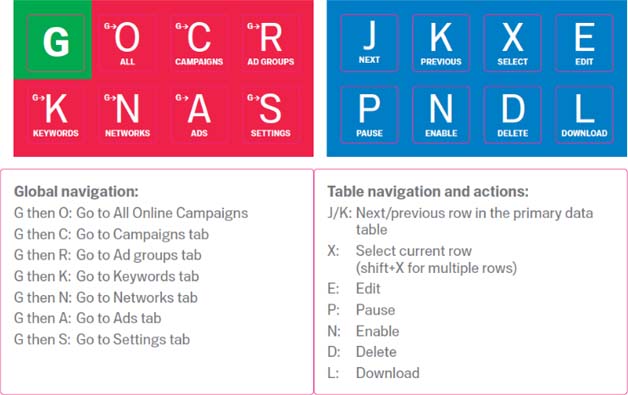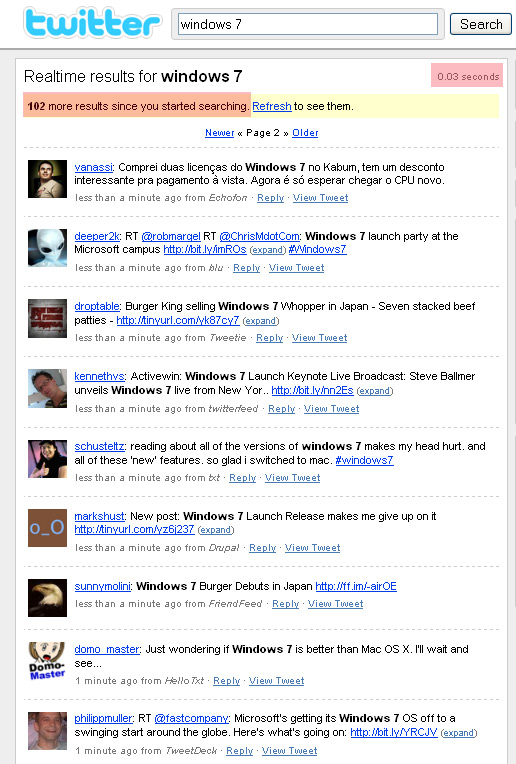Content duplication has been a buzz topic in SEO for a while now. It's one of the modern webmaster's favorite things to fret over and has been for at least two years.Google doesn't like duplicate content. We all get that now. There is still the lingering perception that there is some sort of duplicate content penalty despite repeated assurances from multiple Googlers to the contrary. Maybe there is no penalty; maybe there is some sort of mechanism at work that webmasters perceive as a penalty... it really matters very little. At the end of the day, if you aren't showing up for your own content but somebody else is... you probably aren't the happiest little webmaster.
As a result, syndication has been quite unfairly vilified. Traditionally speaking, having a site link to your content has always been perceived as a compliment of sorts (Google certainly thought it was a fair indicator of quality). That said, syndicating content... having your great content actually picked up by a larger, more influential site was even better in a lot of ways. The syndicated content was put right in front of a whole new user base without them having to click a thing. Generally you also got a nice link back to your site to boot. If you produced a great piece of content, why not have it show up everywhere you possibly could?
Penalty or not, it is clearly the case that the site where content originates may not always rank best for that content. Google wants to do their best to make sure they keep the content of their results pages as distinct from one another as they can. In short, Google doesn't want to have a result page where 4 of the 10 results are all essentially the exact same article.
Here's the thing though syndication is good. It can drive traffic to your site. It can establish your reputation and credibility within a niche and it can generate high quality inbound links. If you are upset because the larger, more recognized and more popular site's syndication of your content outranks your own then I'd have to say you might need to rethink that one a little bit. So what if it does? You are there because you want to be exposed to the larger site's community. You want the links, attention, reputation and all the good things that go along with that don't you? Of course you do. So if you do a search and find that the big site is number one on a good search query with your content, you don't get upset - you say 'yay'.
Why do you say yay? Because your super great content would never have that top position if not for the fact that Google found it on the larger more authoritative site. Sure, if it's that good you can probably get a decent ranking but it won't be as good. Beyond the ranking, even if your site is #2 and the big site is #3 for the same article, guess which one is likely to get clicked thru more; the link to your site, which is not all that well known? Or the link to a site that somebody has heard of?
If you aren't a household name or a recognized authority in whatever areas you are covering, the fastest way to build that reputation and credibility is to become associated with the brand that is. What's the best way to do that? Get your name, your company and your link on their domain. Because at the end of the day the likelihood of you just outranking them on your own for similar subject matter is probably going to be a tough order.
Abby Johnson talked to Eric Enge from Stone Temple Consulting at SES recently about the syndication vs. duplicate content problem. Eric has some great tips in the video for minimizing the negative aspects of duplication on a syndication model. Three specific items he talks about are syndicating excerpts, including a no-index tag, and writing 'alternative' versions of your content expressly for syndication. He also talks about how effective a syndication model can be. One site he'd worked with increased their traffic by over 50% using syndication almost exclusively.
Google is also working on some stuff to help us help them (isn't that just awesome of them?). Read up on their new cross domain canonical tag. It's new, none of the other search engines support it yet, and it remains to be seen how effective it will be, but it's a start. Whatever you do, don't throw the proverbial baby (syndication) out with the bathwater (duplicated content worries). There is a lot of upside to an effective syndication strategy.

 John Burbank, CEO of Nielsen Online
John Burbank, CEO of Nielsen Online 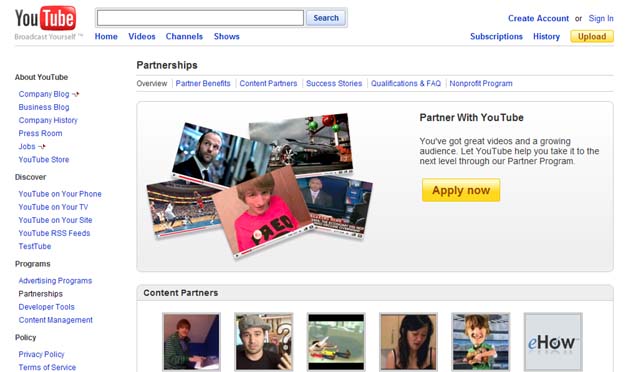



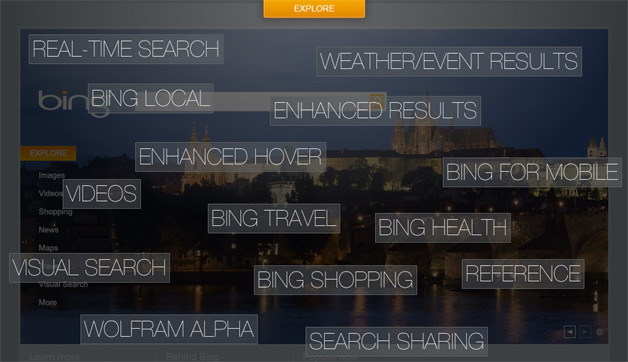







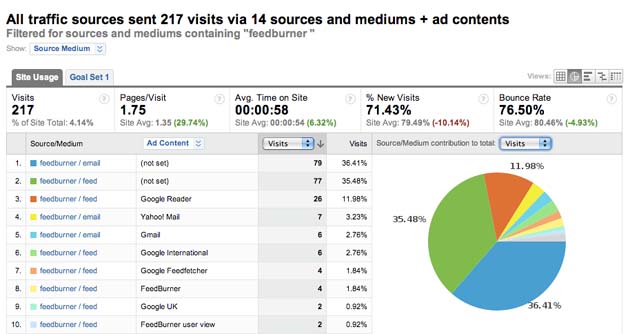
 "The software architecture is simple — Google Chrome running within a new windowing system on top of a Linux kernel. For application developers, the web is the platform," the company continued. "All web-based applications will automatically work and new applications can be written using your favorite web technologies. And of course, these apps will run not only on Google Chrome OS, but on any standards-based browser on Windows, Mac and Linux thereby giving developers the largest user base of any platform."
"The software architecture is simple — Google Chrome running within a new windowing system on top of a Linux kernel. For application developers, the web is the platform," the company continued. "All web-based applications will automatically work and new applications can be written using your favorite web technologies. And of course, these apps will run not only on Google Chrome OS, but on any standards-based browser on Windows, Mac and Linux thereby giving developers the largest user base of any platform."

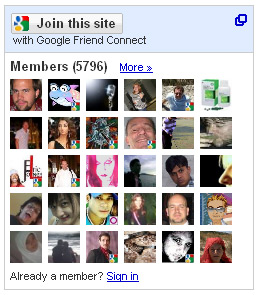 "You can later add or remove permissions for the visitor from the WordPress site administration pages,"
"You can later add or remove permissions for the visitor from the WordPress site administration pages," 